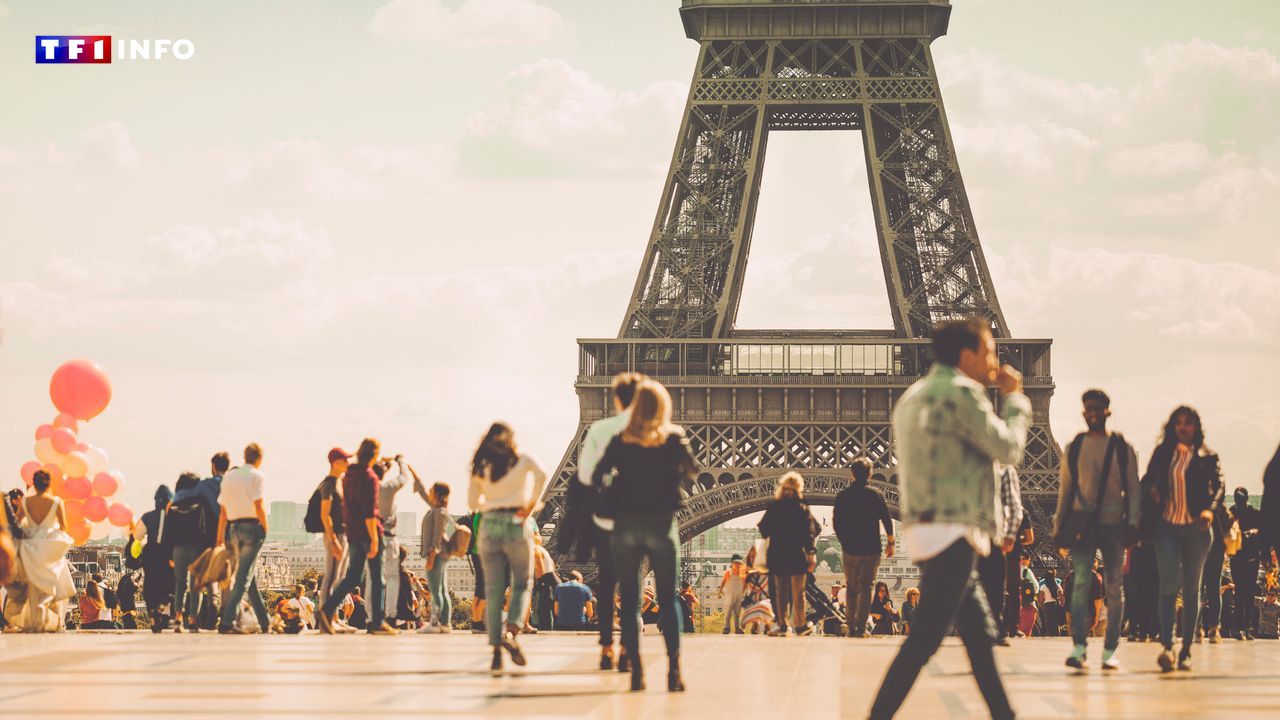From January to April 2023, Greater Paris welcomed 11.6 million tourists, an increase of 27.2% compared to 2022.
In 2022, 31,275 frauds were recorded in Paris.
In Ile-de-France it is advisable to remain discreet and not flaunt your money.
Paris is a city of love, but also of crooks. It seems less marketable on paper, but it is reality nonetheless. The French capital is popular with tourists from other departments of France and from the four corners of the world. From January to April 2023, Paris attracted no less than 11.6 million people. For thieves, this is a real boon. Although the latest rating Insecurity and delinquency (July 2023) reports that the number of tourist victims of crime has decreased by 12% since the beginning of the year, which is still too high. In intramural Paris, 31,275 frauds were recorded in 2022 compared to 28,988 the previous year. Scams and tourist traps are well established, here’s how to spot and avoid them.
-
Read also
INVESTIGATION – Fake taxis, bonnets and street vendors: how to thwart the traps set by fraudsters in Paris?
Scam with fake tickets in the subway and tourist spots
Be aware that scammers are very perceptive when it comes to spotting tourists. Even if you are French and know a few corners of Paris, you will always feel less comfortable than a Parisian and will know it. You can therefore potentially become a target of a fake ticket scam. Whether in the metro or near tourist spots (museums, Eiffel Tower, etc.), people dressed in official uniforms (or almost) will offer you discounted tickets. Do not accept even if the offer is attractive and you think you will save time in the queue. These tickets are definitely invalid: either they are fake, or they are not adapted to your situation (age, condition, etc.), or they have expired. So in the event of an inspection, you run the risk of a fine if you buy tickets through a street vendor.
Signing and participating in fake charity petitions
In Châtelet, on Pont-Neuf, Pont Alexandre III or near tourist spots, it is common to be attacked by people who at first glance seem very involved. Sometimes it happens that they wear cards with the logo of associations known to the general public around their necks. After a persuasive and moving pitch, they’ll ask for your signature and cash. It is with this last question that you can distinguish a fake business from a real one: most charities do not collect cash on the streets.
Friendship (or Luck) Bracelet.
We understand that it is a shame to reach this stage of disbelief when you simply want to visit the beautiful sights of Paris, but it is more prudent. When you walk around, be careful not to reach out to strangers who might put a bracelet on your wrist! After putting it on, you are invited to make a wish, but above all to take out your wallet. The knotted and often difficult to remove bracelet without scissors is now your property and the scammer is demanding his fees. It is therefore recommended to keep your hands close to your body around popular tourist spots.
Bonneteau game
This scam is as old as time and not limited to the city of Paris! However, it still happens that some passers-by get scammed, so it’s always best to keep in mind that this game is purely and simply aimed at scamming tourists. The concept: three cups and a puck (or ball, coin, whatever) you find are placed on top of a cardboard box. The “Boneteur”, who acts as a croupier, asks you to bet money. The amount deposited is usually 50 euros. In the first games, the con artist makes his accomplices present in the audience win substantial sums. You think it’s working and then you decide to raise the stakes. When it’s your turn, it’s impossible to find the object under the cup, how strange!

